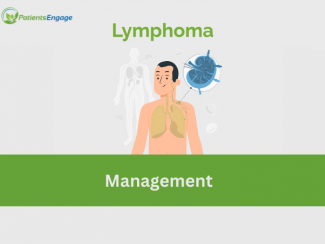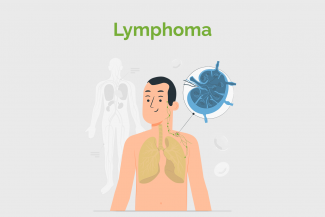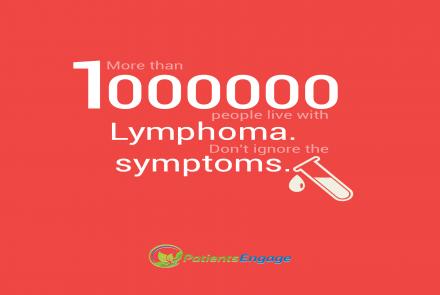
Ensure that patients understand their diagnosis, treatment options, and prognosis and complications of therapy, which, in rare occasions, may result in a fatal event. Discuss potential complications of treatments with your doctor.
Hodgkin's lymphoma
Renal failure as a result of tumor lysis syndrome from therapy is a potential risk in all patients, especially those with a high tumor burden. Aggressive management of this potentially life-threatening complication should be clearly addressed. Early hemodialysis should be considered in these patients to prevent long-term renal dysfunction.
- Diet and activity restrictions-The patient may be advised a neutropenic diet, and patients with significant renal dysfunction should receive a renal diet.
Non-Hodgkin's Lymphoma
- Dietary advice- Usually, a regular diet is adequate, except when the patient is neutropenic. Patients with neutropenia (decreased neutrophils in the blood that increases chances of infection) should not eat raw fruits or vegetables.
The following restrictions apply to patients who are neutropenic, thrombocytopenic, or both:
- Avoid exposure to or contact with other patients with communicable or infectious diseases
- Use a soft toothbrush during episodes of neutropenia and thrombocytopenia
- Do not shave with a razor
Ideally, patients with neutropenia should be admitted directly to a private room and should not stay long in the emergency department for evaluation. All medical personnel should wash hands before and after examining these patients.
Burkitt's Lymphoma
Most patients with Burkitt lymphoma (BL) are acutely ill and in the hospital at diagnosis. Their activities will be extremely limited at this time. As the patient responds to therapy, they can increase their activity appropriately. Patients with significant anemia will be limited by fatigue. These patients should appropriately restrict activities that require intense concentration. Patients with significant thrombocytopenia should not perform strenuous activities.














